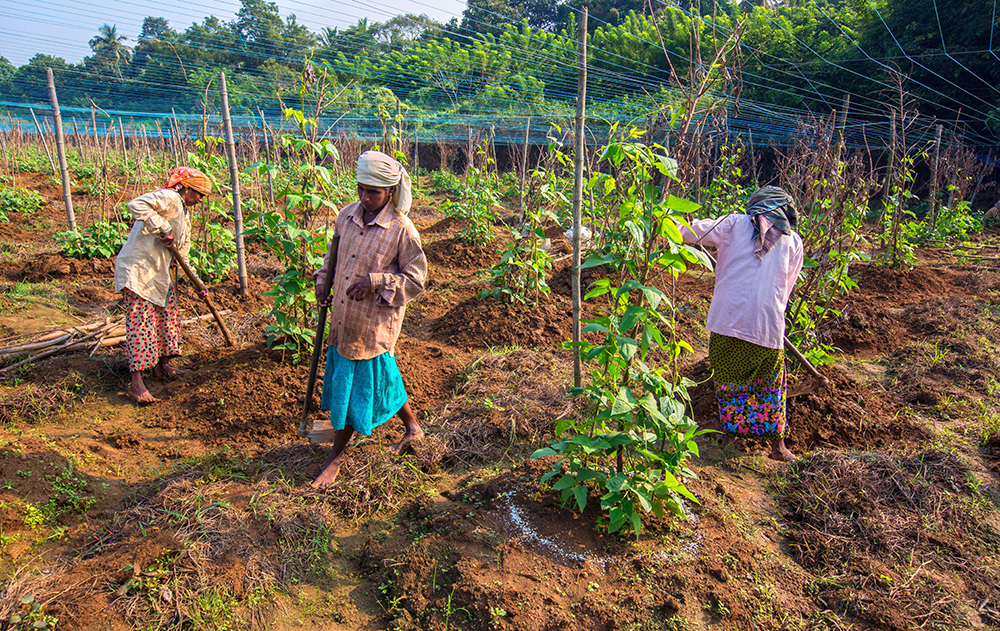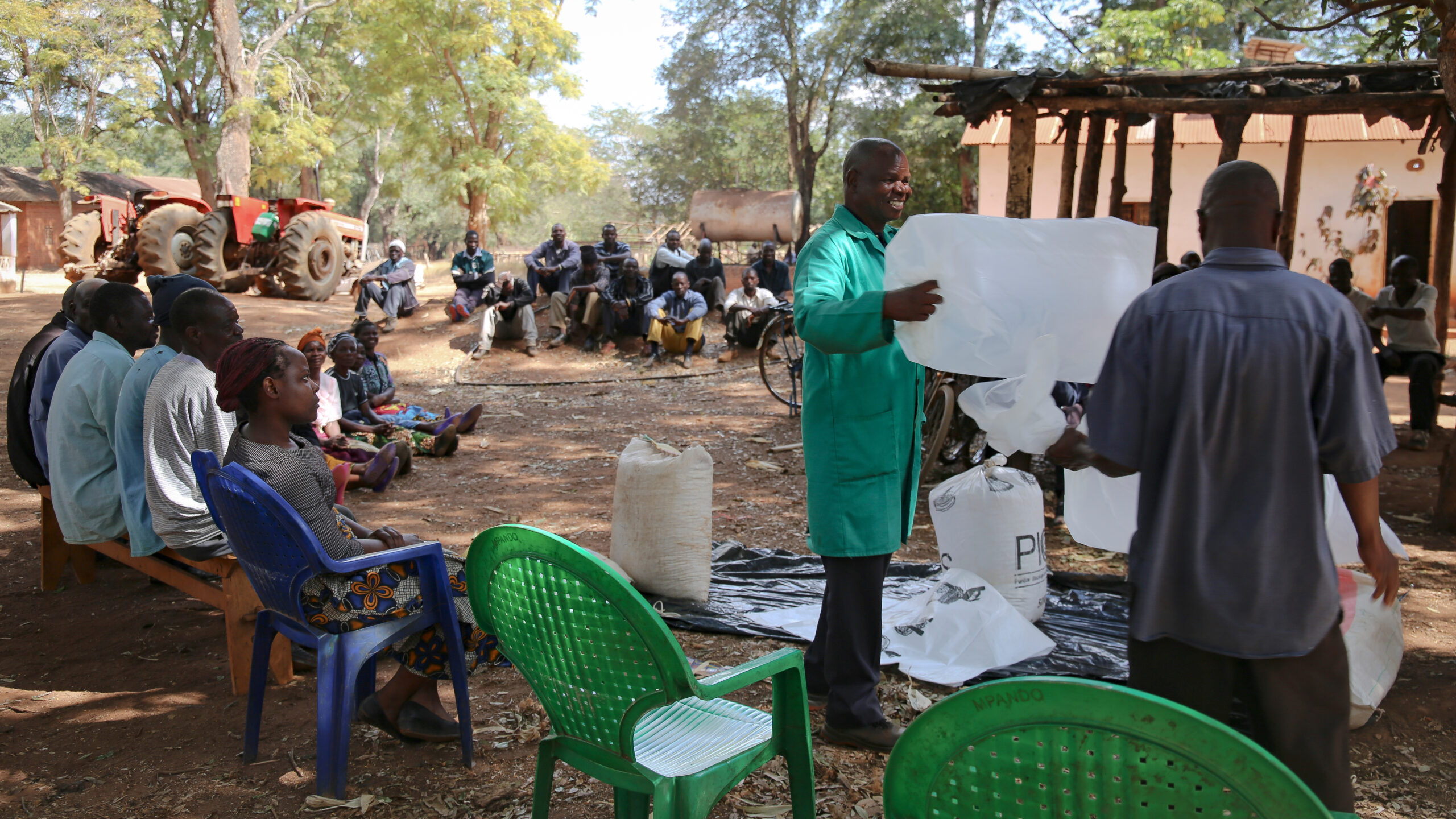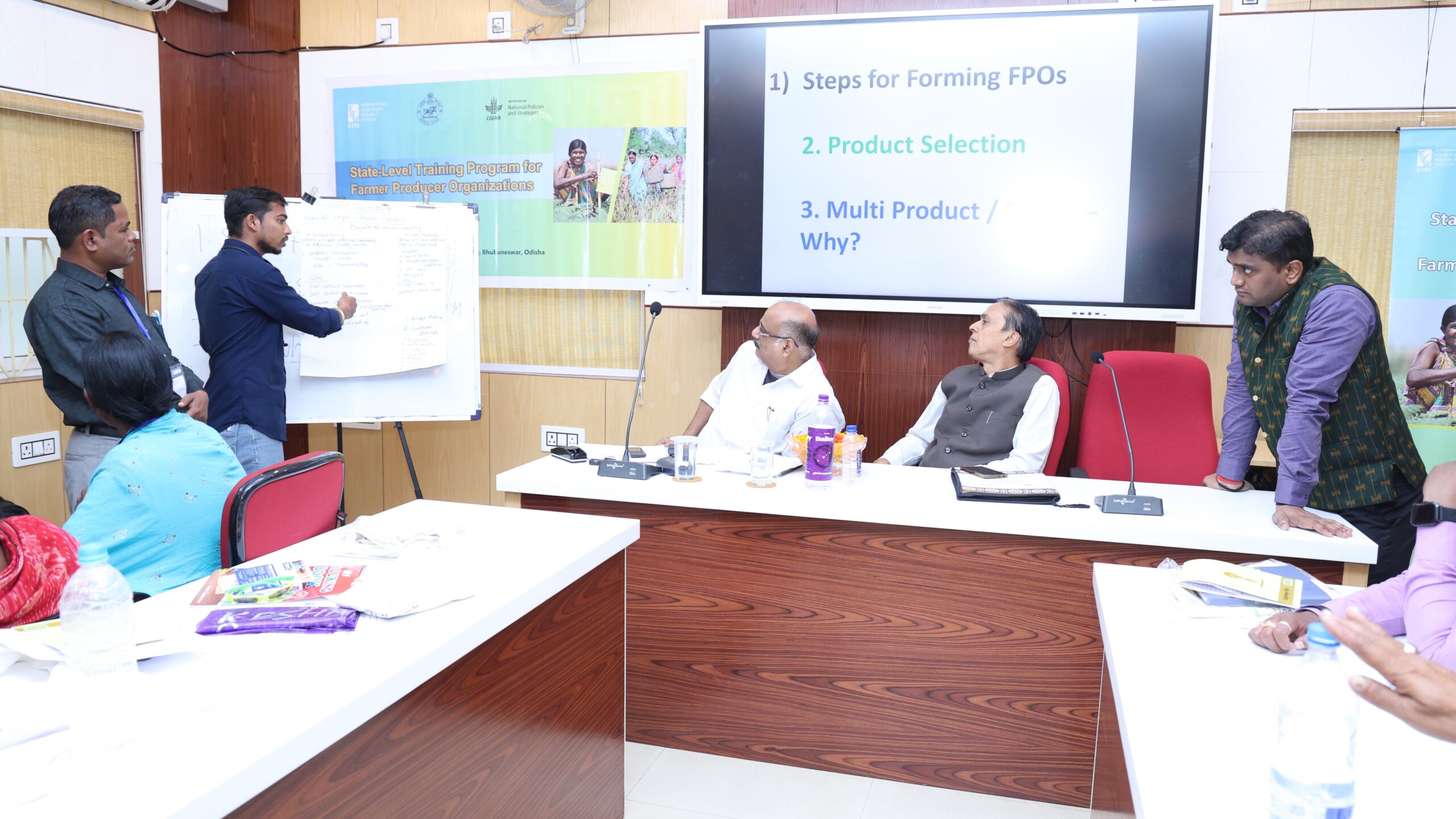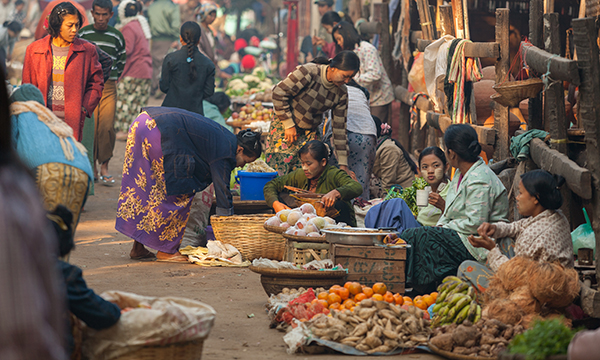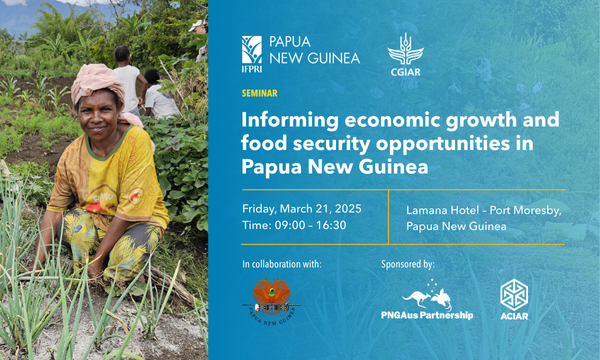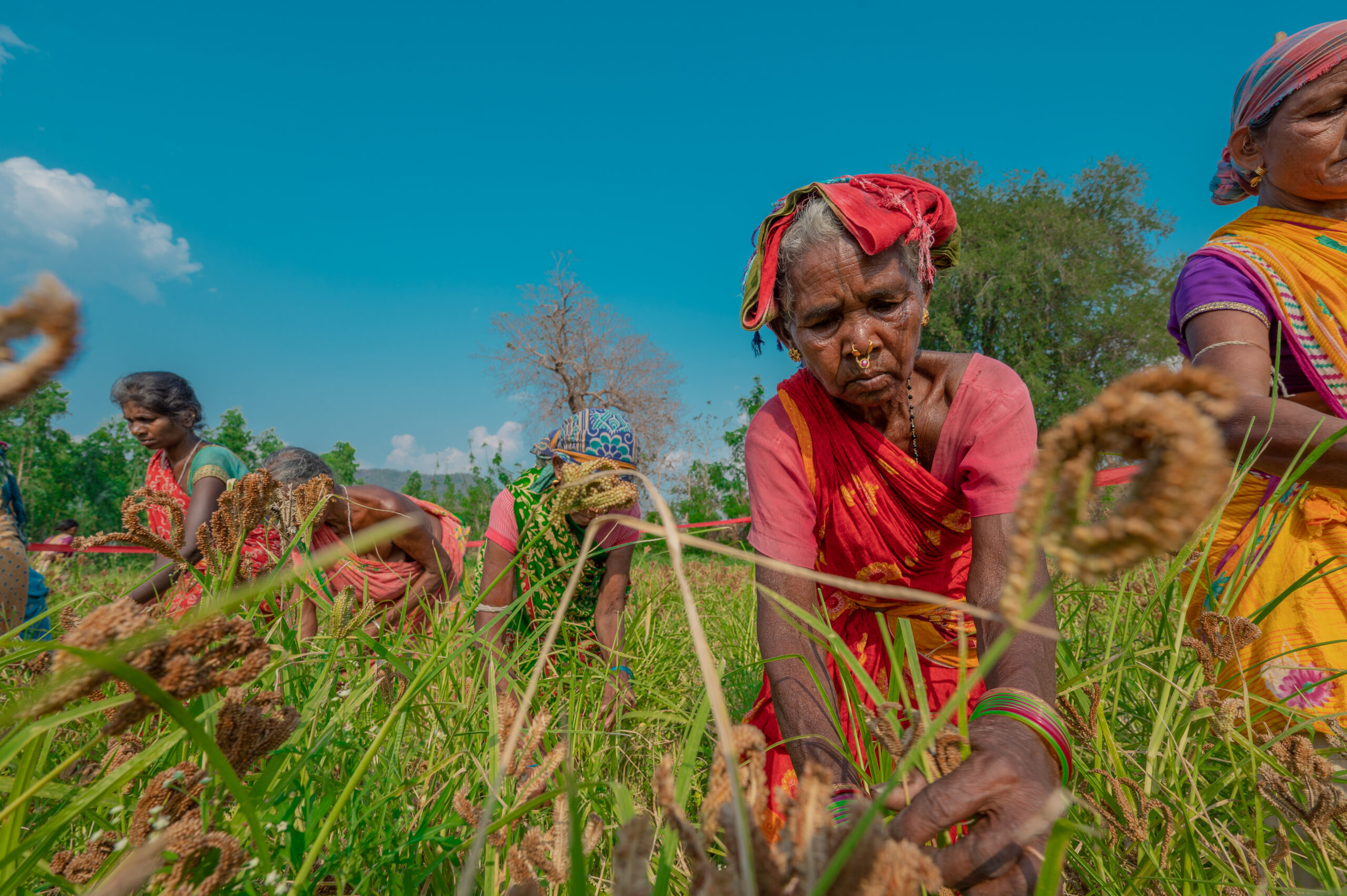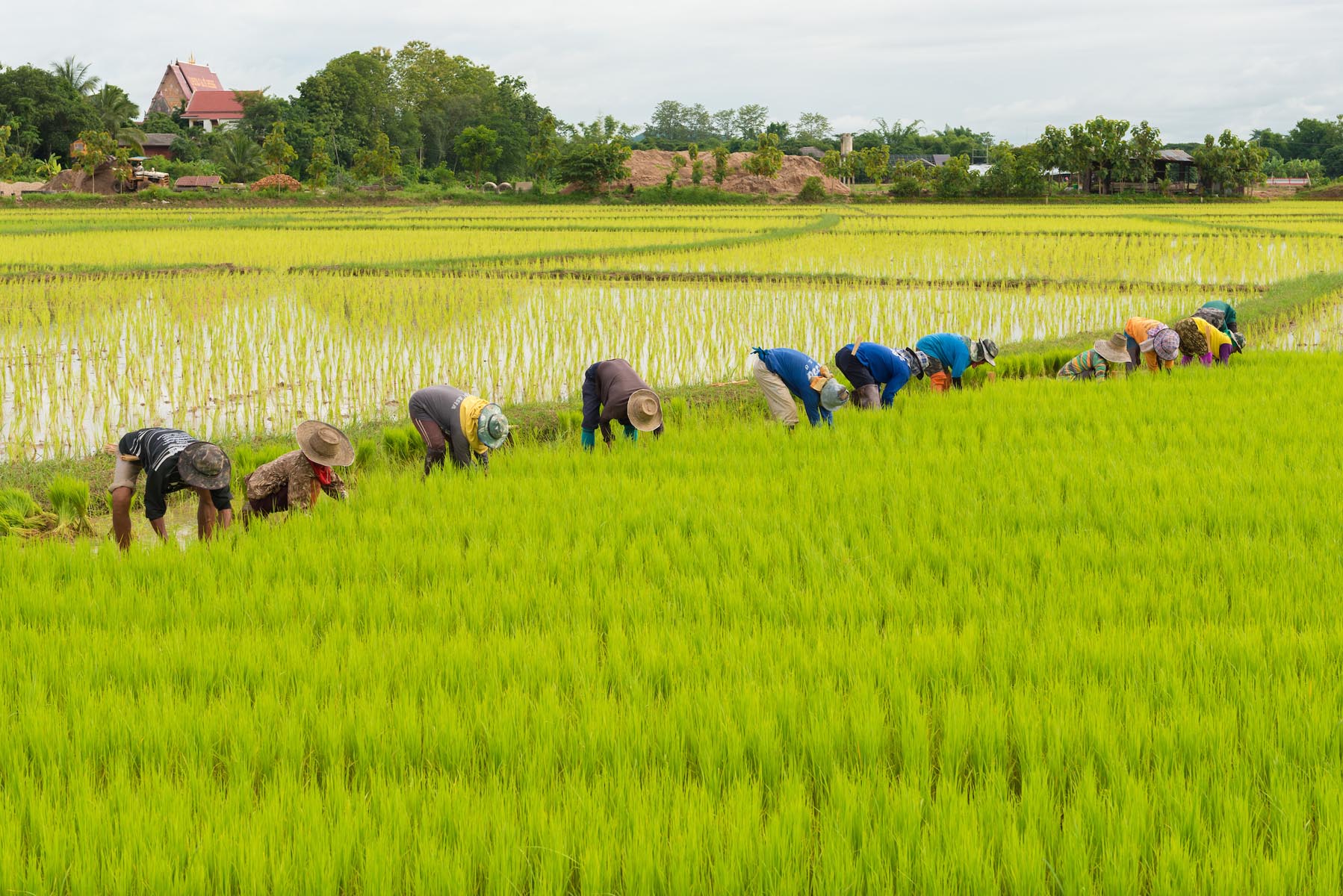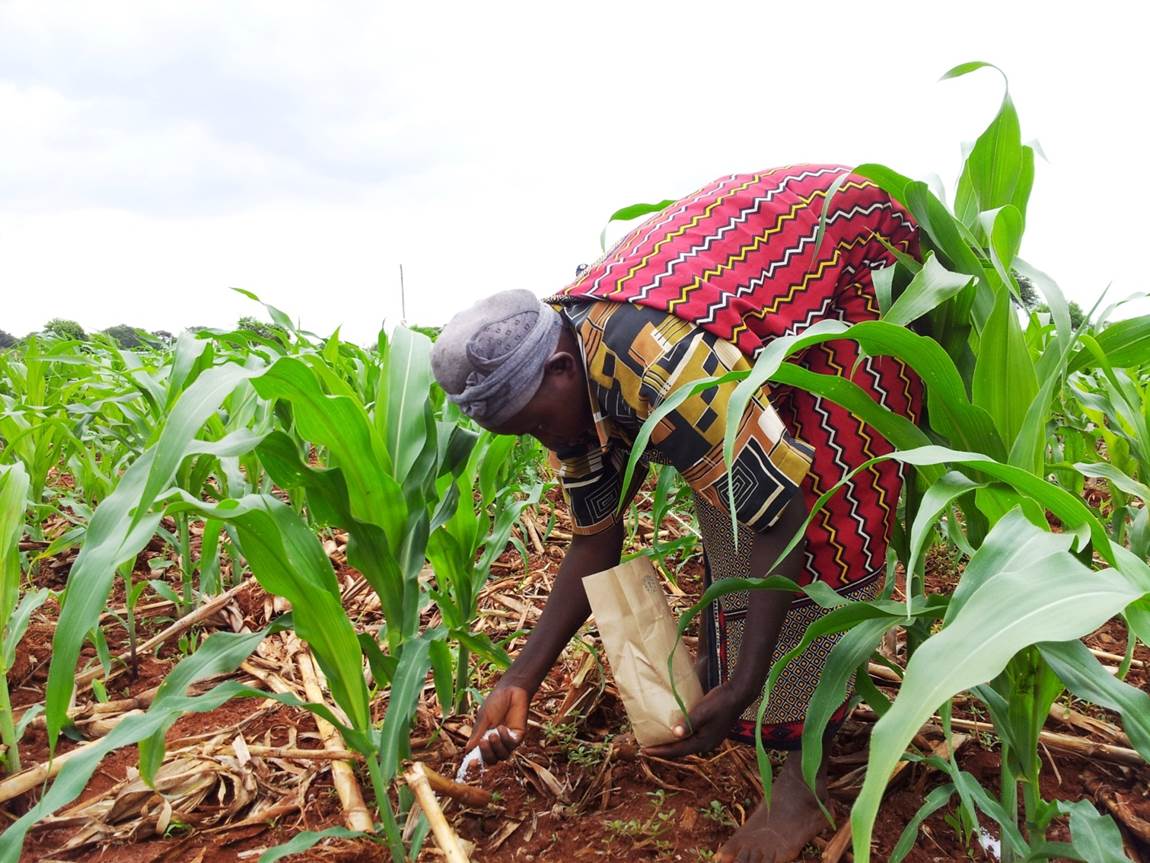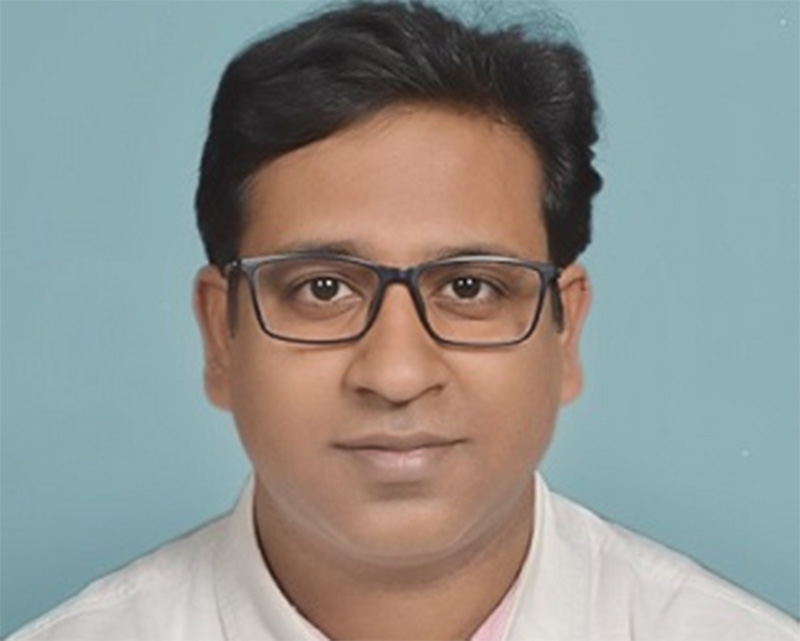Overview
The Development Strategies and Governance Unit (DSG) conducts research to inform policies and development strategies and build capacity that will support food system transformation in this changing context, help to end poverty and malnutrition, and improve livelihoods. Working with partners, DSG provides timely, demand-driven research and analysis on global trends and emerging issues affecting food systems to help craft multisectoral, forward-looking development strategies.
To ensure policy relevance and enhance impact, DSG implements much of its work through IFPRI’s Regional Offices for Africa, South Asia, and Latin America and through IFPRI’s Country Programs. Together with the CGIAR Research Initiative on National Policies and Strategies, these offices and programs facilitate regular interactions with key stakeholders to ensure that IFPRI’s research and analysis are responsive to the needs of national and regional policymakers.
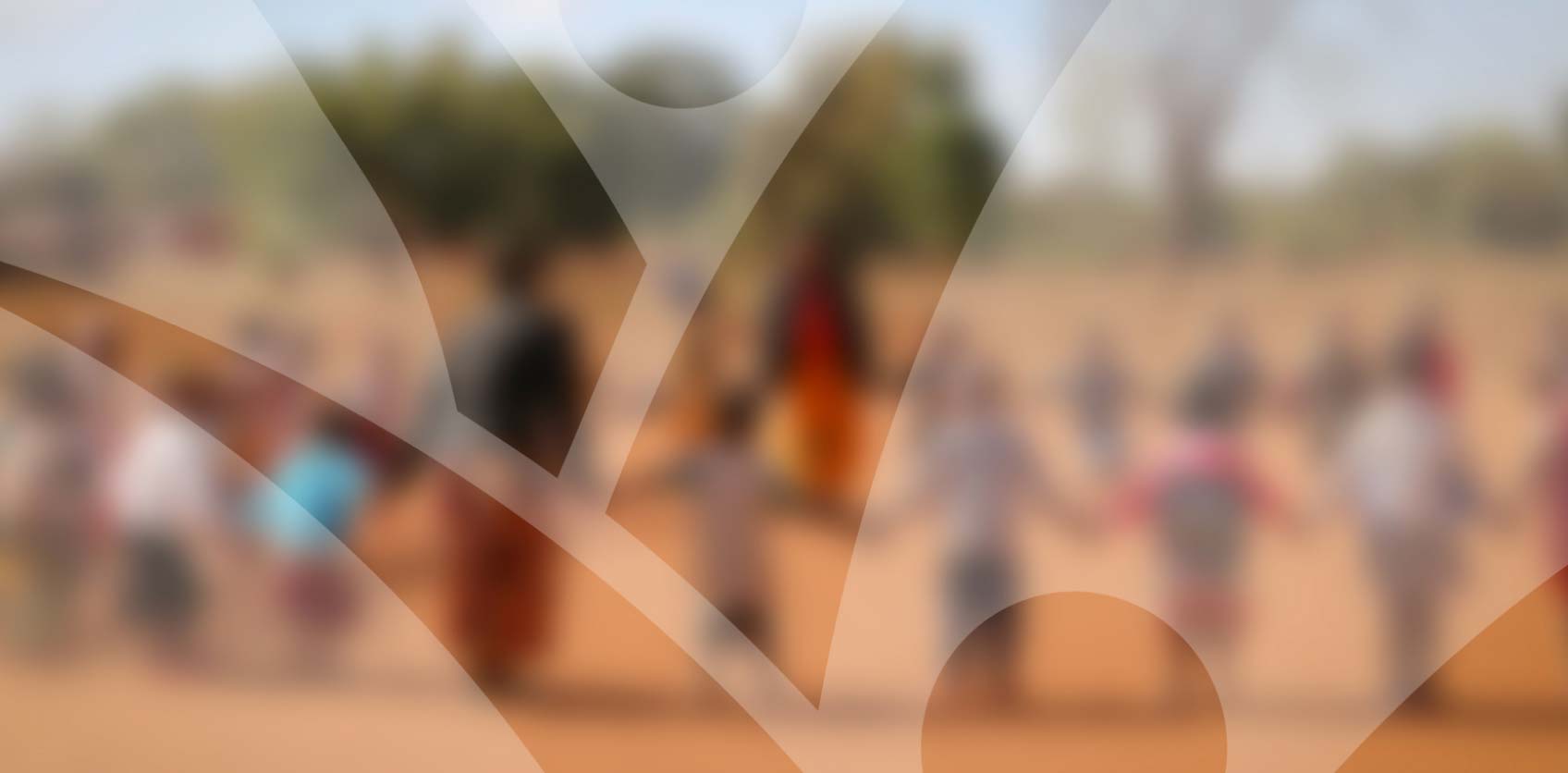
In this video, Steven Were Omamo, the Unit director, talks about some of the key research areas DSG is focusing on. These include pro-poor growth and rural transformation, public investment to enhance resilience and improve food system performance, and the role of the private sector in agrifood systems.
Areas of Focus

Growth and rural transformation
DSG research aims to identify policies and market opportunities that can best enable agriculture and the rural economy to catalyze food system transformation, generate broad-based growth, and create decent farm and nonfarm employment. This work addresses data gaps on agricultural value chains and hunger, and evaluates impacts of development strategies on employment, productivity, and food security across the rural-urban continuum.
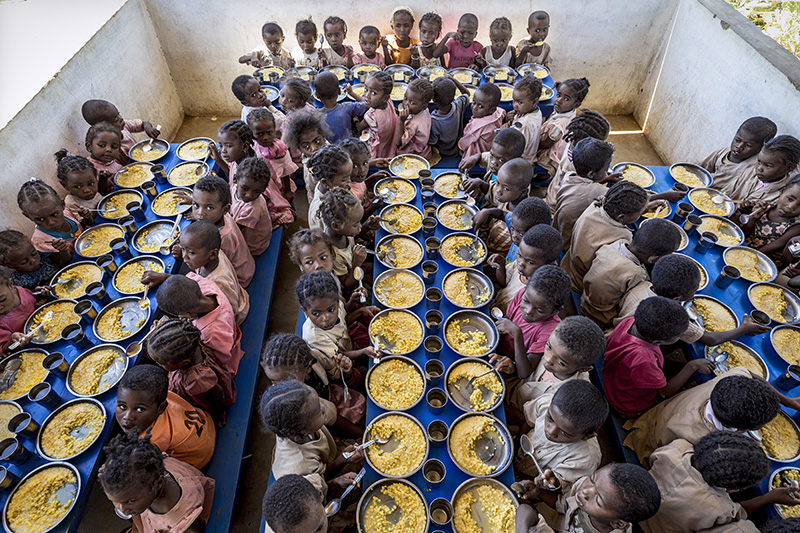
Enabling environments for pro-poor policy implementation
To improve policy coherence, DSG investigates the types of public investments that can sustainably deliver high-quality services and reduce poverty. Researchers also look at the processes that facilitate more pro-poor public spending by identifying areas of policy alignment, revealing bottlenecks in the agribusiness environment, and analyzing public sector capacity.
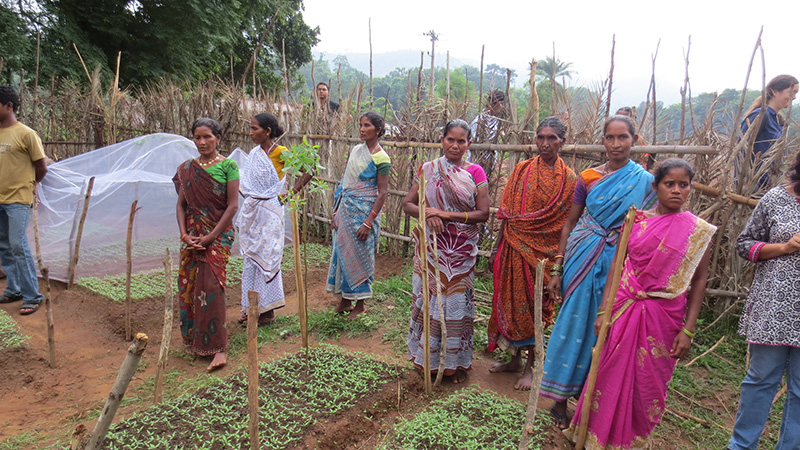
Political economy
DSG work on governance for rural development addresses the structure of institutions and the ways that relationships between governments and citizens affect the prospects for effective, inclusive, transparent, and accountable policies. Political economy approaches use diagnostic and analytic tools to highlight tensions and synergies over policy priorities, assess power asymmetries, and identify politically feasible pathways for inclusive, resilient food system reforms.
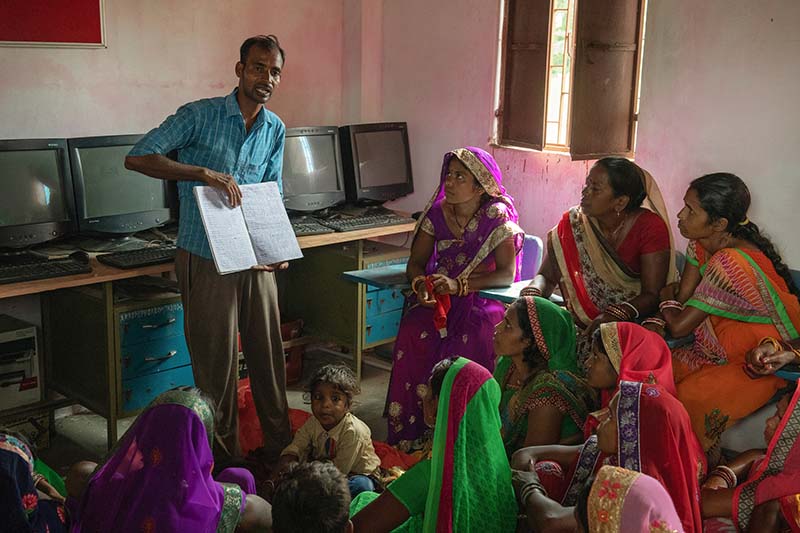
Capacity strengthening
The capacity strengthening program brings together researchers and partners to collaborate in generating new knowledge and strengthening the capacity of individuals and institutions in policy systems to reduce hunger and poverty. Capacity strengthening efforts are largely implemented through the Regional Offices and Country Programs.
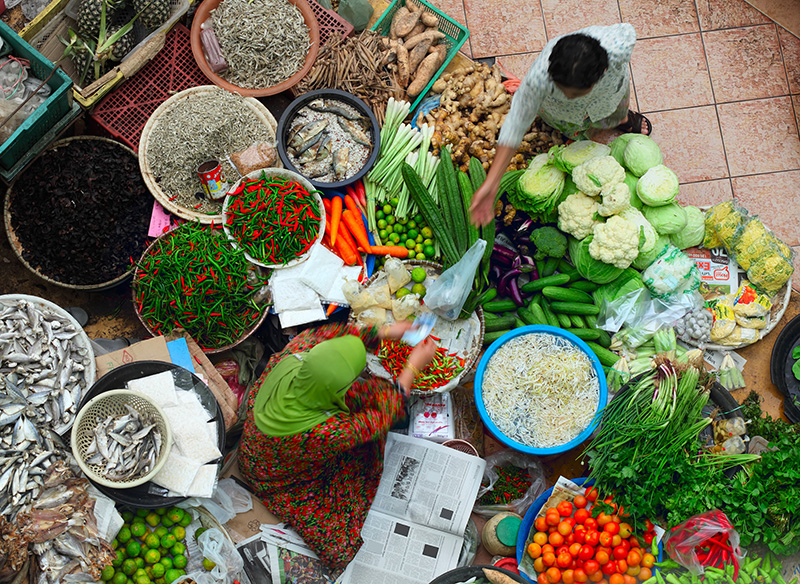
Methods and tools
DSG and IFPRI’s Regional and Country Programs conduct large-scale surveys on value chains, consumption, and food insecurity that provide a wealth of data on food systems. Researchers and partners also carry out institutional landscape assessments, public expenditure tracking, and macroeconomic analysis, as well as political economy and policy process analysis.




